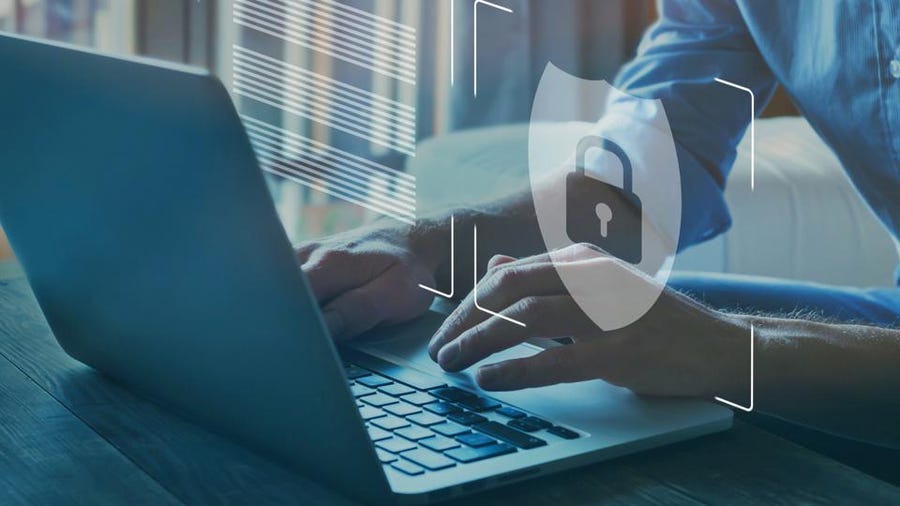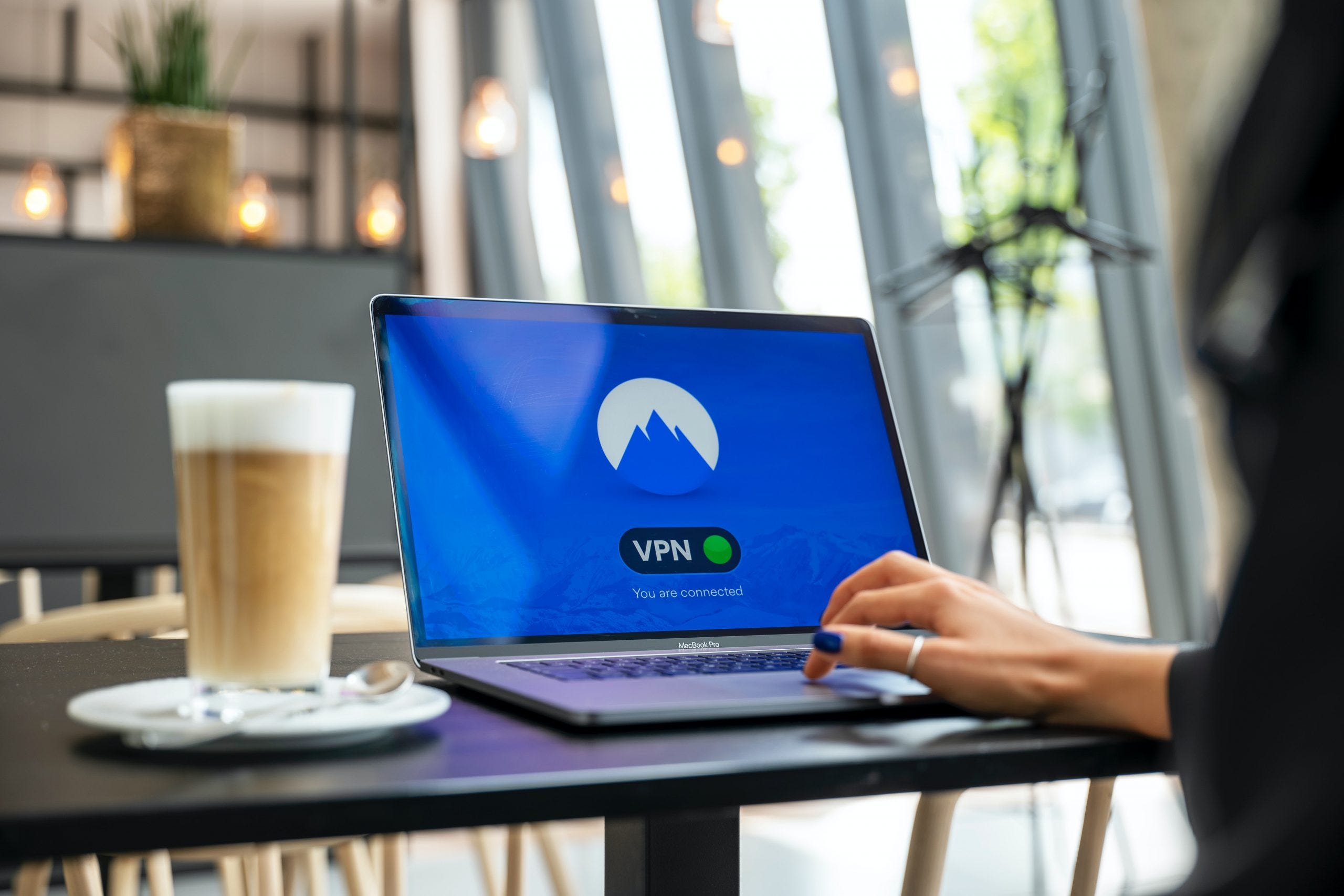How To Invest In The Metaverse – Forbes Advisor UK
You may not have visited it yourself, but chances are you’ll have heard of the metaverse and how it is being promoted as the ‘next big thing’ in the technology and social media sectors.
The metaverse – with its roots in role-play gaming – is already awash with applications and various forms of commercial activity, many of which offer investment potential.
Here’s a look at what the metaverse is, how it works, plus the best ways for retail investors such as you and me to own a piece of the action.
Note: all forms of investing are speculative and carry the potential for partial or total financial loss.
What is the metaverse?
Internet technology has become a dominant force in entertainment, socialising and work, and it underpins key everyday services such as health, commerce, finance, transport and security.
In terms of internet evolution, Web 1.0 can be said to have connected people to information, while Web 2.0 connected them to the social media revolution.
Web 3.0, meanwhile, involves the metaverse, where people are connected digitally to virtual places and things.
Instead of accessing the internet in two dimensions through a screen, the metaverse allows individuals to inhabit virtual or augmented reality worlds and to interact with each other in shared, three-dimensional online spaces.
This could be for a variety of purposes, from business and shopping to recreational or leisure-based activities. The rebranding of social media giant Facebook to Meta clearly reflects the importance Mark Zuckerberg attaches to the development of an online environment where people ‘live’ in a virtual universe.
From a commercial perspective, Dina Ting, head of global index portfolio management at Franklin Templeton, describes the metaverse as “an amalgamation of worlds that allows companies and content producers to address their target audience in entirely new ways and accelerate digital value creation.”
She says: “The metaverse will become the internet of internets, offering a seamless and immersive experience. With an avatar [an image representing the computer user], you will be able to walk around virtual worlds and settings to…



